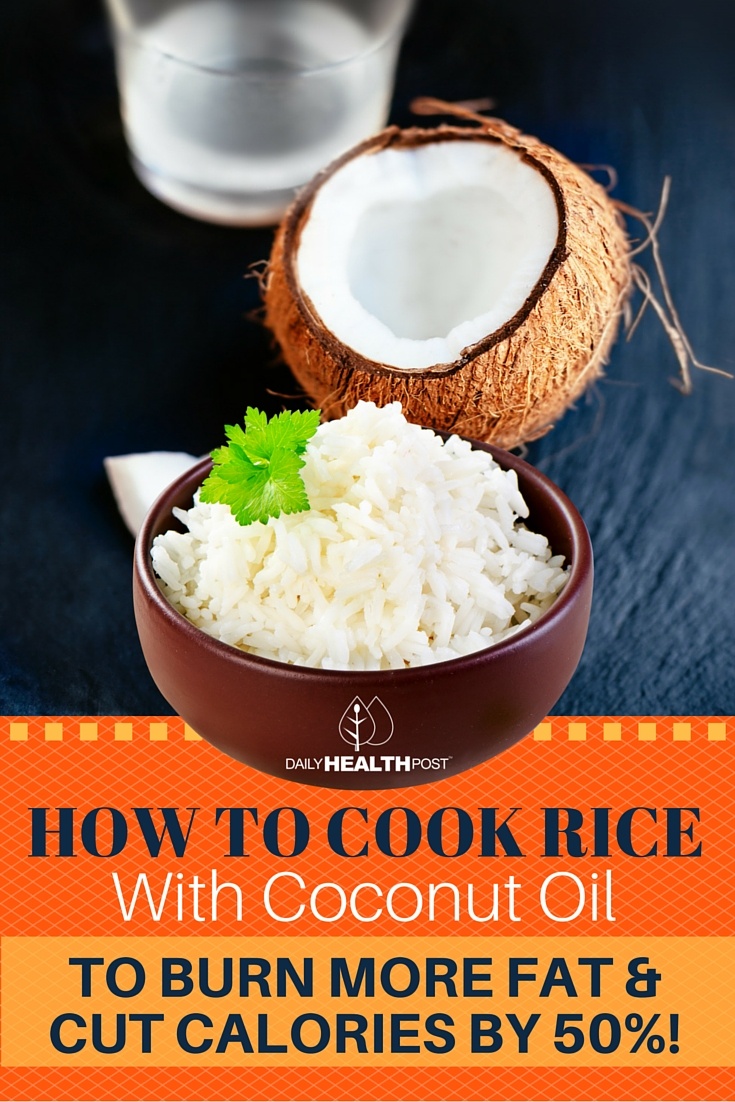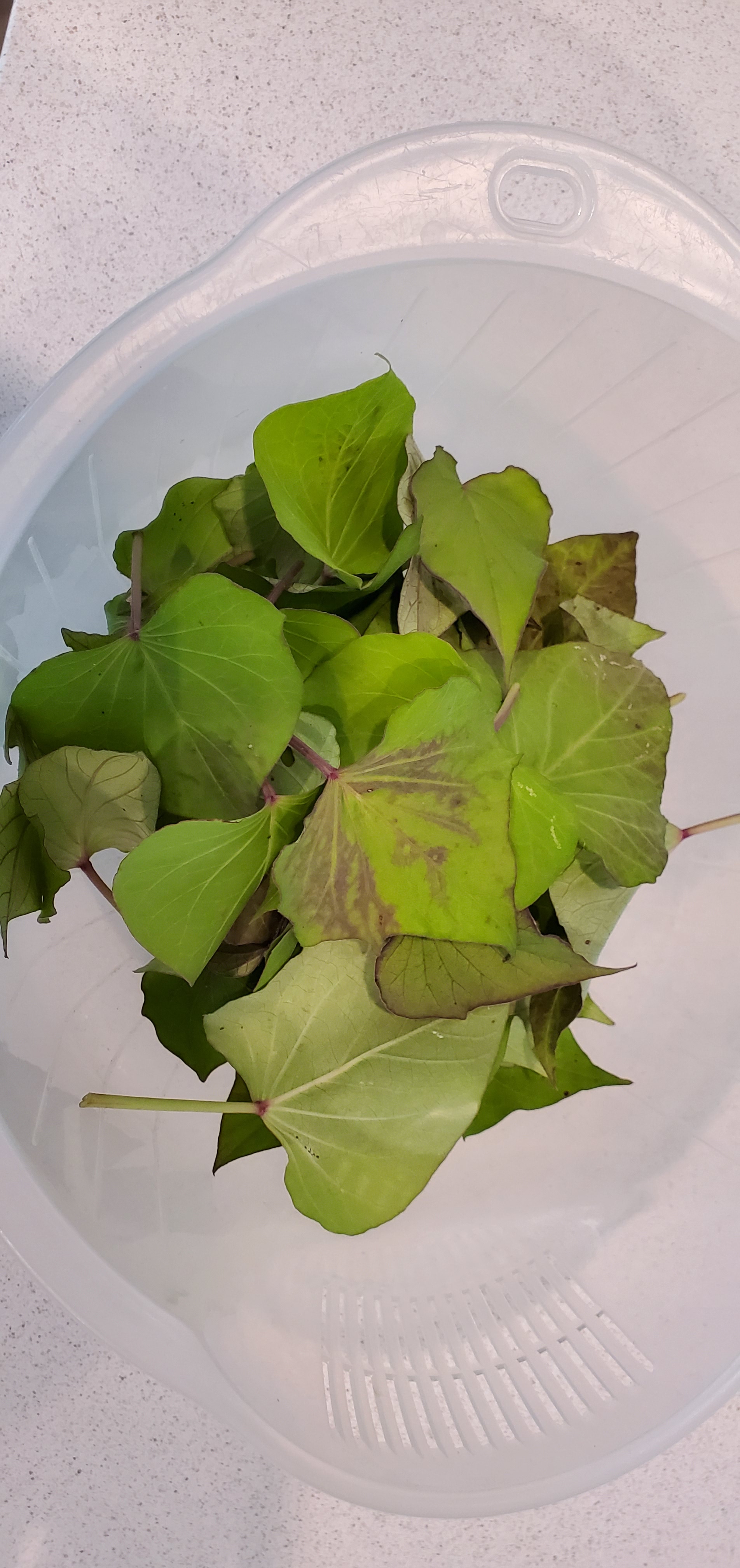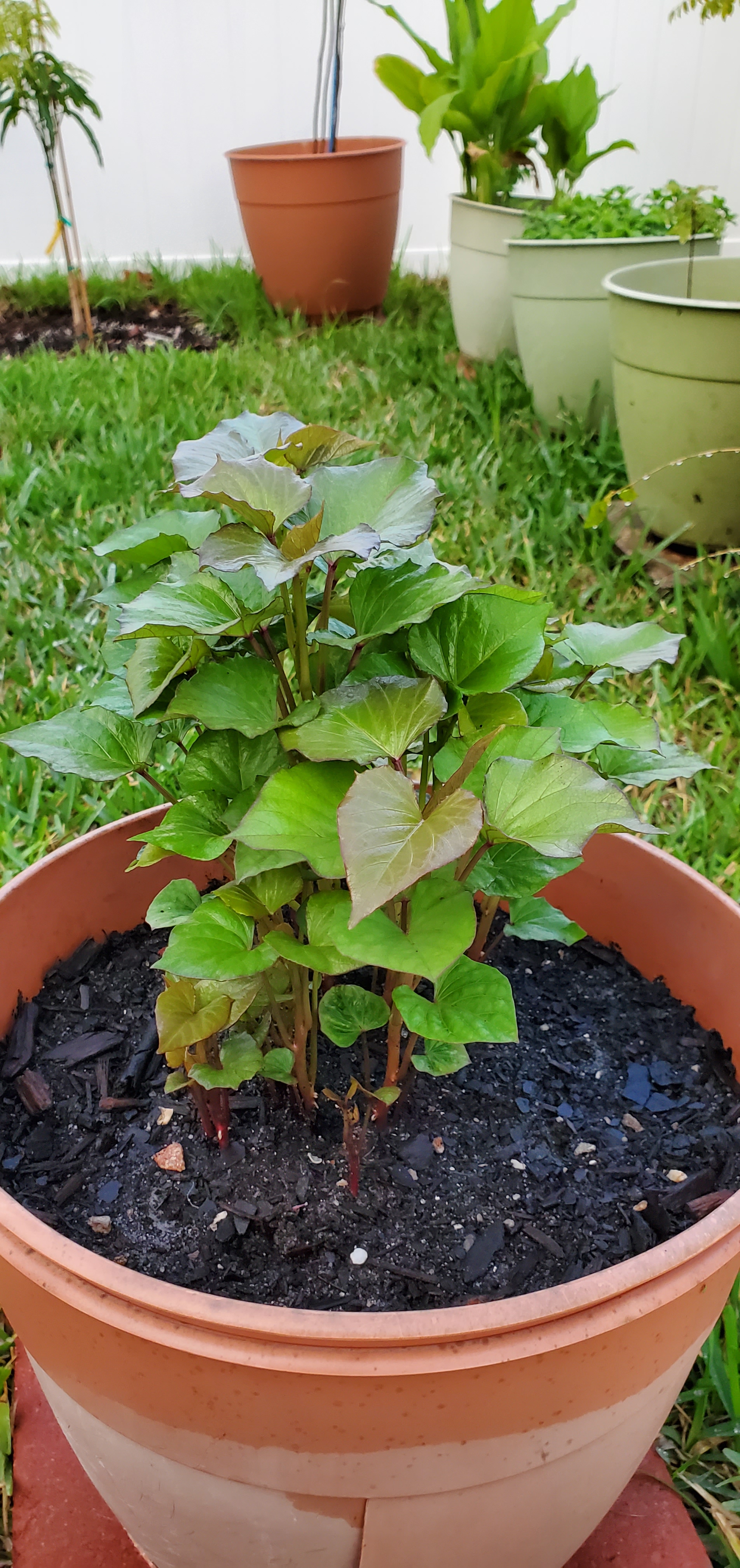Hormonal imbalance is a root cause for so many other illnesses such as PMS, PCOS, autoimmune disorders, and mental health disorders, but what is the root cause of the hormonal imbalance in the first place?
If we want to feel good, look our best and thrive in every area of our lives, our hormones need to be working together in harmony. If something feels off, it probably is, our bodies can tell us best. However, it can be hard to heal it completely if we don’t know where it stems from. Some common root causes for hormone imbalance that may manifest as symptoms include:
Chronic stress: When our bodies experience a stressful event, it goes into survival mode. This is when our adrenal glands pump out our stress hormone, cortisol. Elevated cortisol levels tell our body to divert resources from anything not seen as important (i.e. digestion, a healthy period, and ovulation) in a life or death situation, so our body can allocate all of our energy on our survival. Over time this depletes our hormone levels, leading to fatigue, infertility, acne, PMS, PCOS, constipation, diarrhea, and insomnia.
Blood sugar imbalances: blood sugar balance is key for healthy hormone function. Eating excessive sugar, processed foods, overconsumption of alcohol and caffeine, skipping meals, not sleeping, and high stress activities disrupt sugar levels by causing it to spike and then crash. This leads to insulin constantly releasing, resulting in insulin resistance. This is a major contributor to PMS, PCOS, diabetes, cravings, and brain fog.
Dieting or undereating: If our diets aren’t providing us with enough energy to make our hormones, it’ll prioritize the production of the stress hormones first because they are essential for survival. This leads to unhealthy fluctuations in our hormone levels, triggering unwanted symptoms like infertility, stubborn weight loss, irregular periods, brain fog, constipation, etc.
Gut conditions: When the gut bacteria becomes unbalanced, food and nutrients aren’t absorbed well and larger particles cross the gut lining, known as leaky gut. This leads to food sensitivities and increases inflammation in the body. It also affects hormone production, as nutrient absorption via our gut is necessary to synthesize hormones.
Having a baby: Pregnancy can lead to hormonal imbalance due to nutrient depletion, lack of sleep, and extreme hormone fluctuations postpartum. These usually show up in the form of thyroid conditions, low progesterone or excess estrogen.
Overtaxed liver: Our livers are responsible for filtering out toxins and excess hormones. When the liver gets overloaded with caffeine, alcohol, processed foods, toxins, and heavy metals, it ineffectively processes hormones, specifically estrogen, dumping it back into our bloodstream. This leads to estrogen dominance which is a key component of painful periods, fibroids, cysts, and breast cancer.
Birth control/medications: Birth control, antibiotics, anti-depressants, and other common drugs like aspirin and ibuprofen (NSAIDs) cause gut dysbiosis. Recent research also shows that synthetic birth control shrinks your clitoris and ovaries, reduces the body’s ability to absorb nutrients needed for fertility and menstruation, and increases the risk of autoimmune diseases.
























